Opinion: Embracing my roots
My experience growing up in a multi-racial family
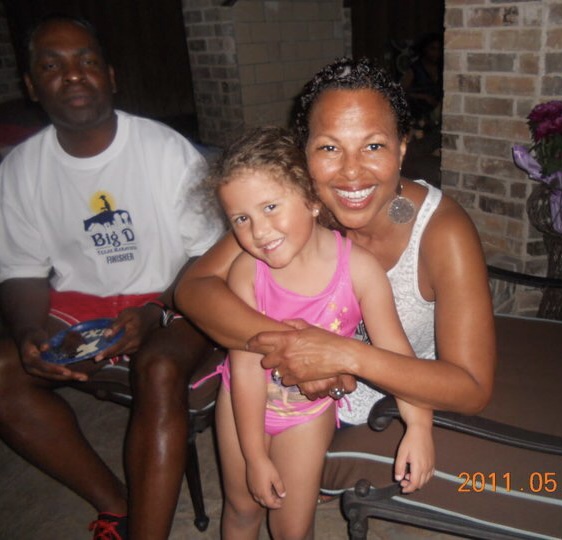
Photo via Sonia Rivera
I pose for a photo with my step-father’s parents, my Grand Gigi and Grand Bambam, in May of 2011. We attended a pool party at their friend’s home, where we ate cake and enjoyed each other’s presence.
The aroma of collard greens and ribs linger in the air while chatter and laughs echo through the halls of a small home in Oak Cliff. A home that is beloved to me: the green carpet, floral wallpaper and incredibly soft couches. I would sit on those couches as a child, in between my mother and step-father, coloring pages in my Disney Princess coloring book.
Every now and then, family members would approach me and touch my curls, asking how I’ve been and how I was doing in school — always wanting to make sure I was keeping those straight A’s. I had never felt more comfort and love in my entire life.
I had little-to-no contact with my biological father until I was 8. All I had was my mother. She was both mom and dad — until she met my step-father, Corey.
My mother met Corey at her first job after divorcing my biological father when I was 2. However, my mother struggled to find a romantic partner since she had a young child. It was asking a lot from somebody else to raise a child with her who would not biologically be theirs.
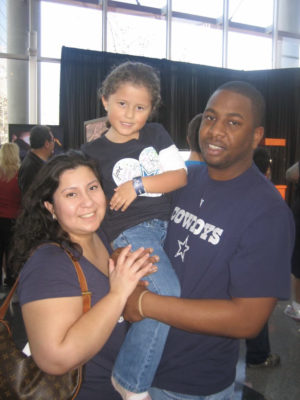
But Corey was different. He approached the thought of raising me as a blessing, rather than a burden that came along with my mother. He filled the hole in my heart that came with growing up without a present father. Corey treated me as if I were his own child. He would invoke unannounced tickle attacks, introduced me to Dairy Queen blizzards and played video games with me on lazy days.
I came from a Mexican background on my mother’s side, while my father was half Puerto-Rican and half African-American. I was in tune with my Mexican culture, but I lacked appreciation and knowledge of my father’s. There had been numerous times in my childhood where my mother’s extended relatives looked at me in a different light simply because of my father’s lineage. It felt as though I never truly fit into my mother’s family; as if I would never be “Mexican” enough for them. Most mixed children deal with this internal conflict — feeling as though they can never appease either culture.
To my surprise, my cultural background and the color of my skin didn’t matter to Corey’s extended family. Corey came from an African-American background, and I was welcomed into his family without hesitation. I became the baby of the family, always coddled and spoiled. I attended Sunday service at his family’s church with his parents, my Grand Gigi and Grand Bambam, in Dallas. On my mother’s side of the family, I was raised Catholic. Needless to say, it was refreshing to see a different set of beliefs and to understand others different from me. I grew to love the diversity present in my life.
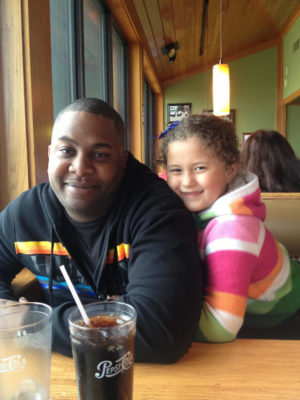
Corey and my mother split after being together for four years when I was 8 years old. However, as I grew up and entered high school, Corey remained a pivotal person in my life. He always showed up, no matter the occasion. Whether it was for father-daughter breakfasts at school or to surprise me with UberEats after a long day, Corey always made it clear that I was important to him.
As a mixed race child, I felt like an oddball for most of my childhood. I never knew what box to check off on standardized tests for my race and the majority of my childhood friends were white. While surrounded by Corey and his family’s unconditional love during my childhood, I was introduced to kind-hearted individuals, delicious foods and finally felt as though I belonged somewhere. For most of my childhood, I felt almost like an outcast from my own family due to being a child of many cultures. But, now, I feel empowered and proud that I’m different.
As Black History Month begins, I recognize I am incredibly grateful for Corey and his family for showing me what the other side of my culture entails. During the month of February, take time to appreciate African-American culture. It is truly beautiful and I’m proud to call it mine.
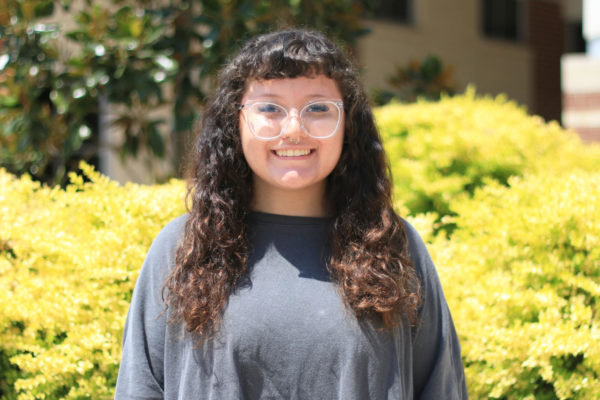
Senior Madeline Rivera is the Editor-in-Chief and this is her third year on staff. In her free time, she enjoys watching romantic movies, traveling and...






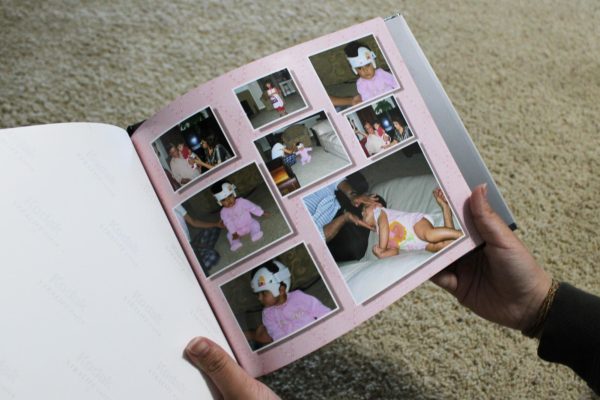
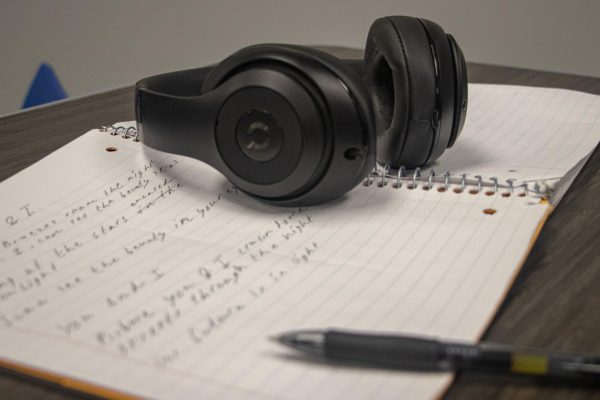



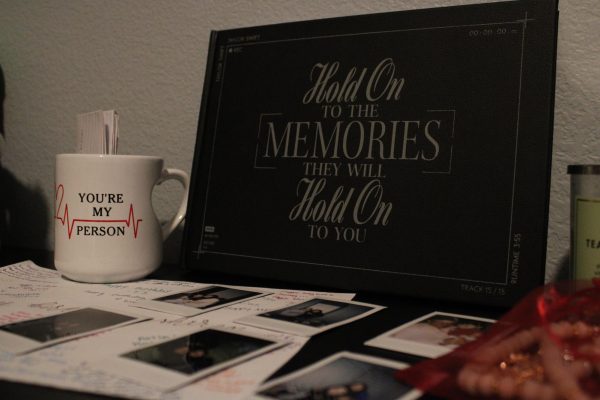
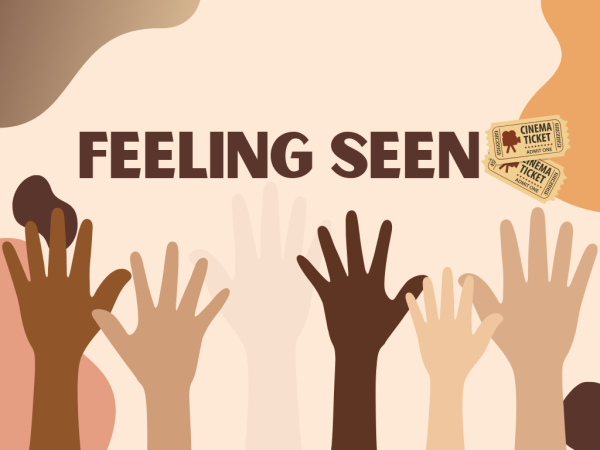
Cora Owens • Feb 3, 2023 at 10:32 AM
OMG, Rita what a joy, what a blessing to have this special granddaughter in your life. My heart is still jumping with jot after reading this message. Give her a big hug from me. Love you
Rita Hightower • Feb 11, 2023 at 11:18 AM
Thanks Cora! Of course, you and Cliff were a part of Corey’s village at a very young age and helped shape him into the man he is today! Madi is a blessing in our lives! I love you!
Jam Mac • Feb 3, 2023 at 7:30 AM
Outstanding composition…You’re one powerful & super blessed young lady! Keep this spirit alive & in your LIFE as you move forward. I see great things happening in your future!
CONGRATULATIONS…???
Rita Hightower • Feb 2, 2023 at 10:23 PM
WOW! What a great article! I appreciate learning about all cultures and life has taught me to expand my horizons and broaden my experiences. Madi you have so warmly expressed your African-American culture in this piece. I could feel the love between you and Corey and of course, it made me cry. You were so small and to remember your Great Grandmother’s green carpet and smell of collard greens is so amazing.
I’m sure I’m biased, however, this article is fantastic! We are so proud of you!
Grand Gigi :-)
Richard Hawkins • Feb 2, 2023 at 7:09 PM
Beautiful article! Thank you for so eloquently expressing the beauty and diversity of the cultures you experienced growing up! Keep getting those “A’s” Madi!!
Priscilla Sanchez • Feb 2, 2023 at 4:48 PM
Absolutely beautifully written, Madi!! You make so many of us proud and honored to know you! Keep writing and sharing your truth ❤️❤️
Kaye Flewellen • Feb 2, 2023 at 4:07 PM
What an amazing story. I’m glad you shared your story, it helps others to be mindful of just showing love without hesitation. ❤️
Rick Hightower • Feb 2, 2023 at 10:54 AM
I love you, Madi. You are a great writer, and I’m so proud of you. I’m literally beside myself as I think about your future. Your future is so bright; I need sunshades.
With Love,
Your GrandBam